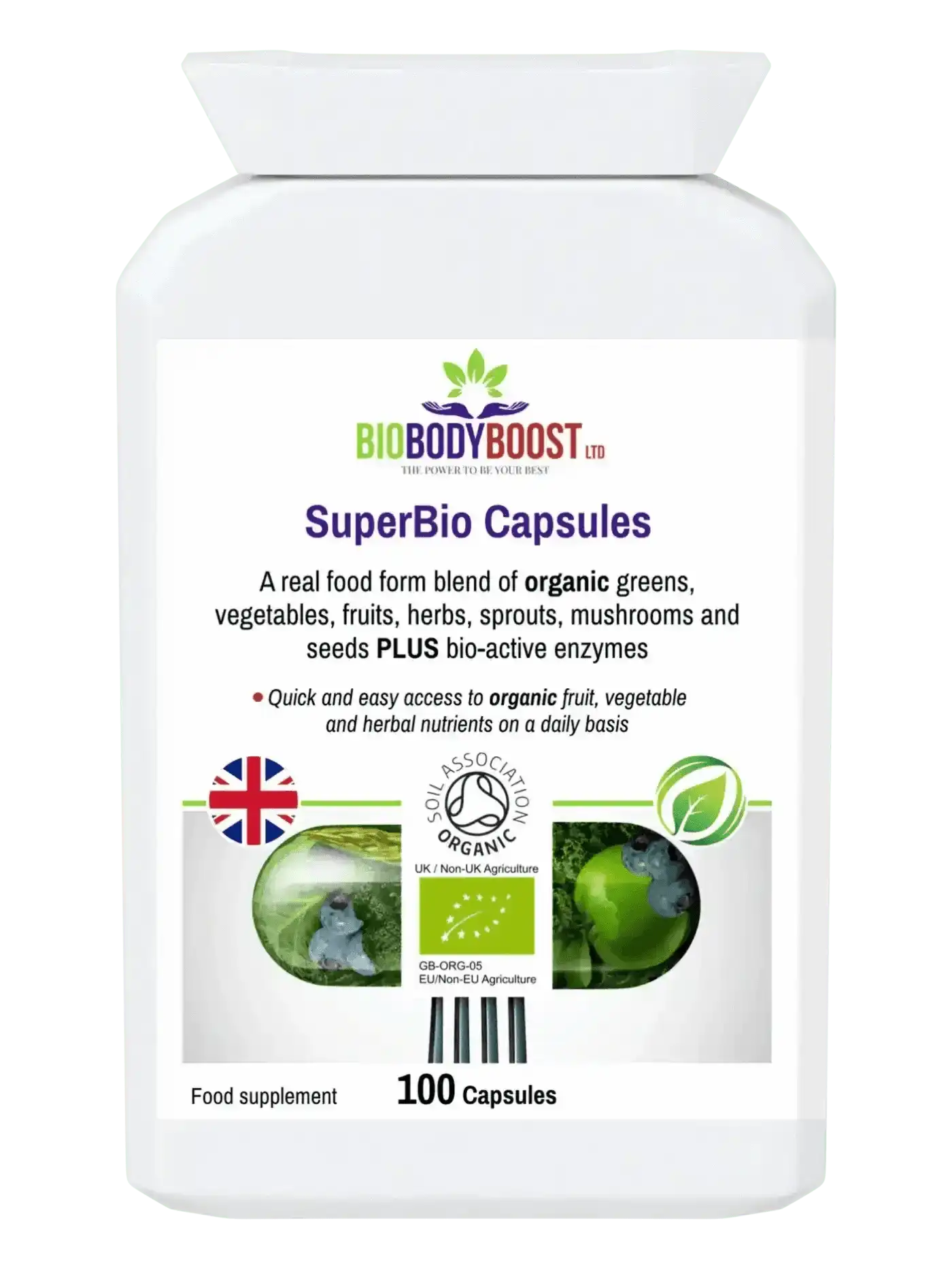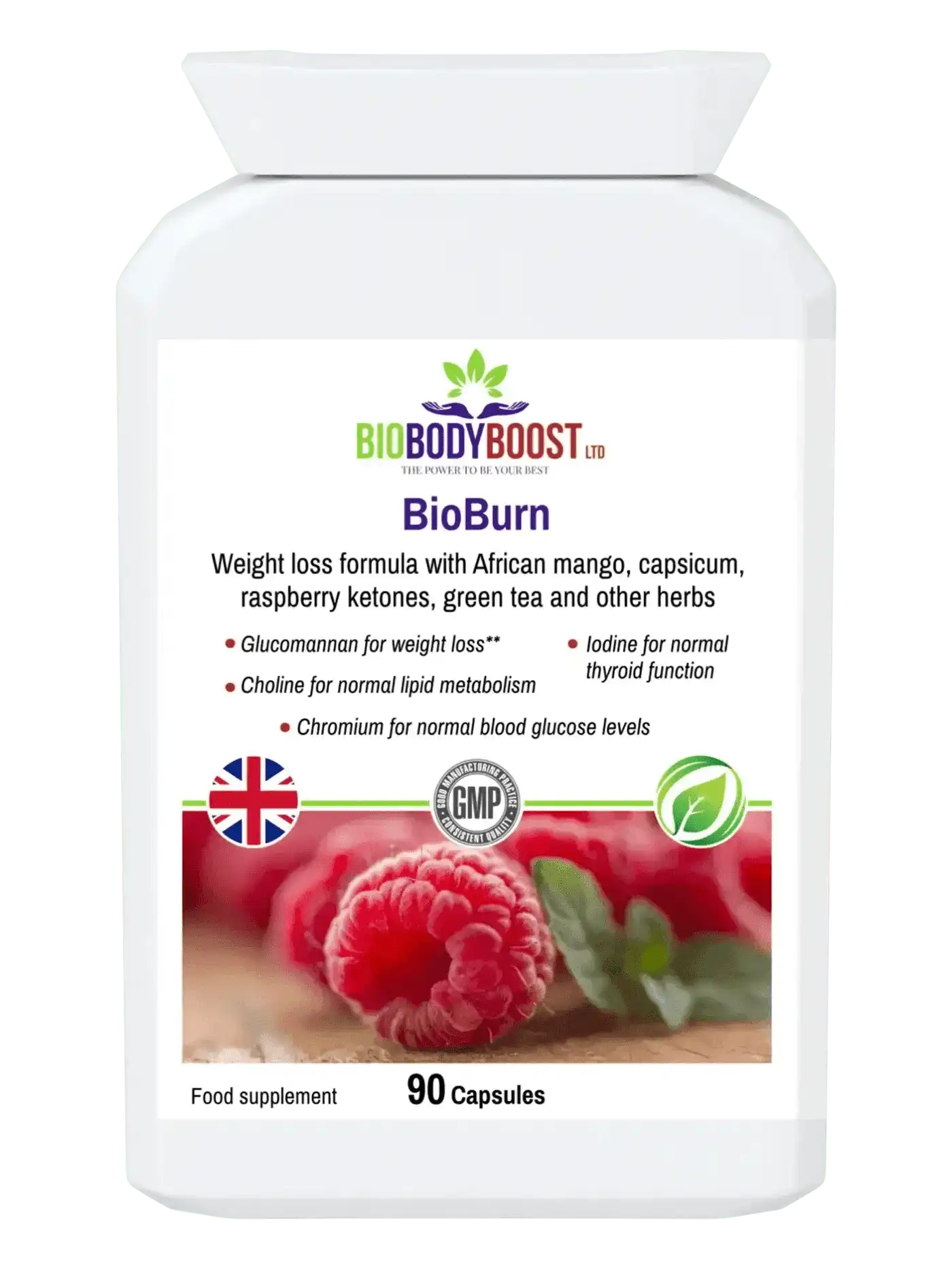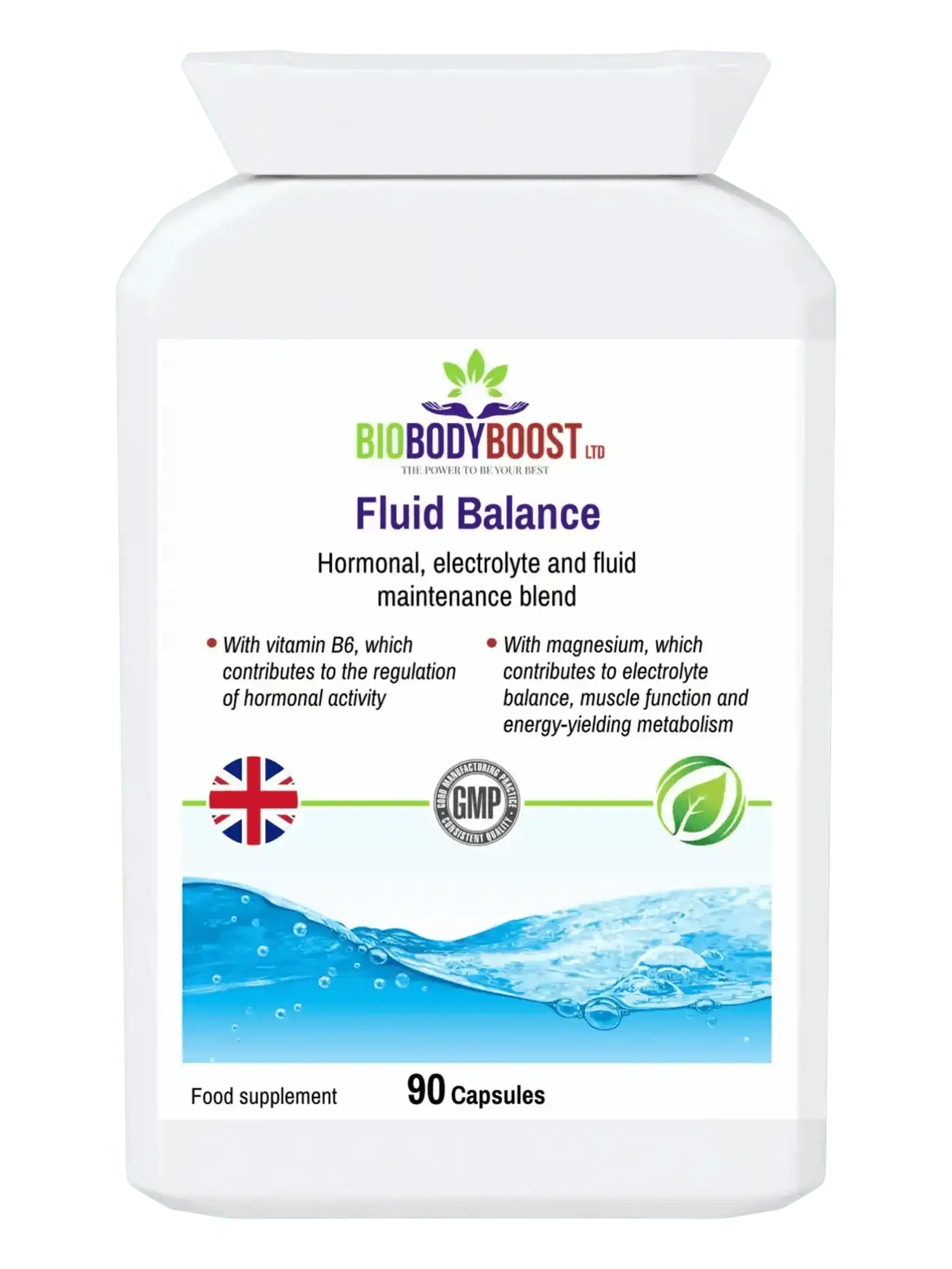Sleep is a fundamental aspect of human health, essential for physical recovery, mental clarity, and overall well-being. Over the decades, our societal obsession with getting a good night's sleep has continuously evolved, mirrored by the development and popularity of various sleep aids. From ancient herbal remedies to modern melatonin supplements and advanced technology-based solutions, this blog post delves into the changing landscape of sleep aids over the years.
Ancient Remedies for Restful Sleep
Historically, humans have always sought the secrets to peaceful slumber. In ancient times, remedies were primarily natural substances. A prime example includes the use of plant-based concoctions harnessed from local vegetation. Herbs such as valerian root and chamomile have been documented since ancient Roman and Greek civilizations as effective remedies to relieve stress and induce tranquility.
These natural sleep aids leaned heavily upon the intuitive knowledge of the environment and the healing properties of plants. This period of self-experimentation laid the groundwork for more scientifically formulated sleep aids that followed.
The Rise of Pharmaceutical Sleep Aids
The 20th century brought about rapid technological and medical advancements. With these advancements came a shift in how the world approached sleep aids. Pharmaceuticals began to dominate the market, offering guaranteed results in a pill form which considerably shaped the landscape of how sleep problems were managed.
Barbiturates and Benzodiazepines
Barbiturates were among the first pharmaceutical sleep aids introduced to the market. First synthesized in the late 19th century, they became immensely popular by the early to mid-20th century. Despite their effectiveness, barbiturates had significant drawbacks, including a high potential for addiction and overdose. The pharmaceutical industry responded by developing benzodiazepines in the 1950s and 60s, offering an arguably safer alternative with lower addiction rates. These new medications became the standard for a broader array of sleep disorders.
Modern Pharmaceutical Advances
Into the late 20th and early 21st centuries, non-benzodiazepine hypnotics, often deemed “Z-drugs,” emerged. These medications aimed to mitigate the negative drawbacks of earlier pharmaceuticals while offering effective solutions for sleep induction and maintenance.
Transition Back to Nature: An Increased Interest in Natural Sleep Aids
In recent years, there's been a resurgence in seeking natural alternatives over pharmaceuticals, primarily driven by a holistic understanding of health and wellness. More people are turning towards natural supplements, which seem to strike a balance between efficacy and minimal side effects.
Melatonin and Herbal Blends
Melatonin supplements have become popular as a more natural sleep regulator. The body’s innate production of melatonin governs the sleep-wake cycle, and supplementing it appears to help adjust this cycle, especially for those with irregular schedules or sleep disorders.
Herbal supplements, often based on ancient remedies, have been reintroduced with a modern twist. Products like Maca Me Happy – Daily Wellness Booster offer unique herbal combinations aimed to promote a well-rounded sense of health and wellness, indirectly supporting better sleep patterns by reducing stress and fostering relaxation. Explore Maca Me Happy to understand how these natural ingredients work together.
Technology-Driven Solutions: The Modern Approach to Sleep
Technology continues to evolve at a breakneck pace, which has transformed how we manage sleep in modern society. The rise of mindfulness apps, smart beds, and sleep trackers mean that achieving a good night’s sleep has been integrated into the digital age.
Mindfulness and Meditation Apps
These applications promote relaxation techniques and mindfulness exercises designed to alleviate anxiety and stress, common contributors to sleep problems. Their guided meditations and sleep stories help users unwind and mentally prepare for a restful night.
Sleep Tracking Devices
From simple apps to sophisticated devices that track sleep stages, heart rate, and even oxygen levels, technology offers a deep understanding of sleep patterns. This technology empowers individuals to identify personal sleep challenges and adjust their routines accordingly.
The Role of Lifestyle in Achieving Restful Sleep
A crucial component often overlooked in the sleep aid conversation is the fundamental impact of lifestyle choices. Healthy sleep hygiene practices contribute more significantly to restful slumber than any aid or technology.
Balanced Diet and Exercise
Maintaining a balanced diet and exercising regularly goes a long way toward promoting health and well-being, impacting the body’s natural sleep patterns. Products such as An Apple a Day - Apple Cider Vinegar Plus Herbs can holistically support a balanced lifestyle, contributing to overall sleep quality through improved digestion and metabolism. Learn more about An Apple a Day.
Stress Management
Managing stress through mindfulness, routine, and possibly the inclusion of herbal supplements like Maca Me Happy can significantly affect one’s sleep quality. Lowering stress levels is directly linked to falling asleep more quickly and achieving better sleep quality.
Conclusion
The journey through decades of sleep aids shows a paradigm shift from natural remedies to pharmaceuticals and back to a more balanced approach incorporating both natural and scientifically advanced solutions. As society continues to understand the paramount importance of sleep, the techniques, remedies, and technologies evolve further, yielding more personalized and health-conscious solutions.
Discover more about enhancing your quality of life by exploring our broad range of wellness products at BioBody Boost.
As sleep continues to be a vital pillar of health, society's relationship with sleep aids may progress further, discovering novel ways to approach this age-old quest for tranquil rest and recovery.








0 comments